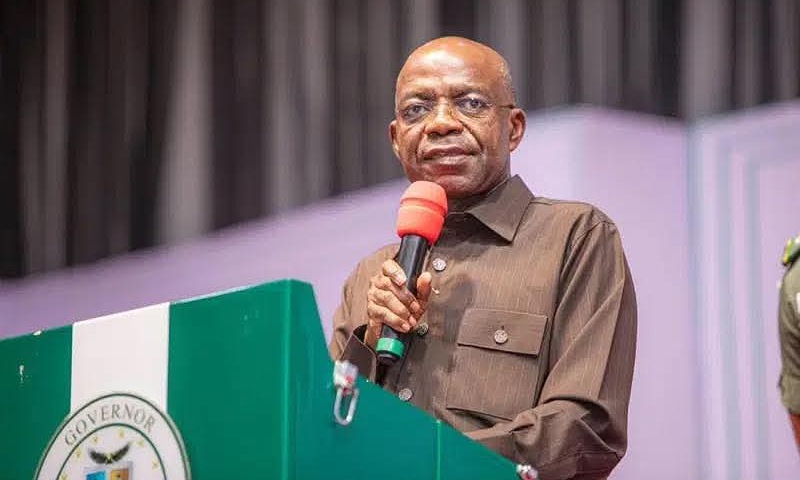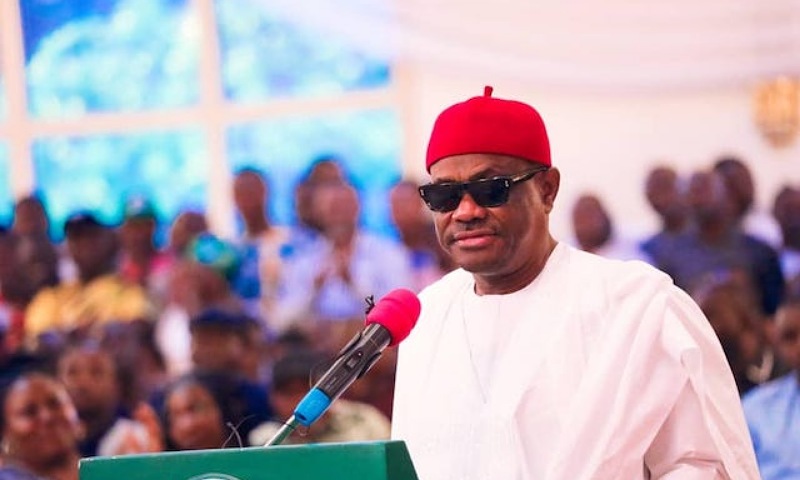A Federal High Court in Abuja convicted Nnamdi Kanu on all seven terrorism charges today. Judge James Omotosho delivered the ruling. He stated that Kanu incited violence through broadcasts. However Kanu denied the charges. Authorities removed him from court for unruly behavior.
Background of the Case
Nnamdi Kanu leads the Indigenous People of Biafra (IPOB). He founded the group in 2014 to push for Igbo independence. Nigeria banned IPOB as a terrorist organization in 2017.
Moreover Kanu started Radio Biafra in 2009 from London. Officials first arrested him in 2015. He jumped bail in 2017 and fled abroad.
Charges and Evidence
The government charged Kanu with terrorism and treason. Prosecutors cited his threats and sat at home orders. They claimed these actions incited killings. Additionally the court found evidence of preparatory terrorist acts. Omotosho noted Kanu failed to explain his actions.
Court Proceedings
The trial lasted a decade with twists. An appeal court dropped charges in 2022 over illegal arrest. The Supreme Court overturned that decision later. Furthermore Kanu accused the judge of bias during the hearing. He challenged the court’s jurisdiction.
Reactions from Stakeholders Reactions remain muted in south-eastern Nigeria. IPOB supporters view Kanu as a hero fighting marginalization. In addition, government officials hail the verdict as justice. Activists like Omoyele Sowore commented on the courtroom drama.
Implications for Nigeria
This conviction highlights ongoing separatist tensions. The Biafran civil war in the 1960s killed millions. Many Igbos feel sidelined by the state. Nevertheless violence linked to IPOB persists. The ruling may fuel debates on national unity.
Future Steps
The sentencing proceeding was adjourned by the court. The death penalty is possible for Kanu, but it is rarely practiced. Appeals may come shortly after. In conclusion, this matter brings to focus the ethnic rift challenges faced by Nigeria. A possibility for peace talks may emerge at this point.


